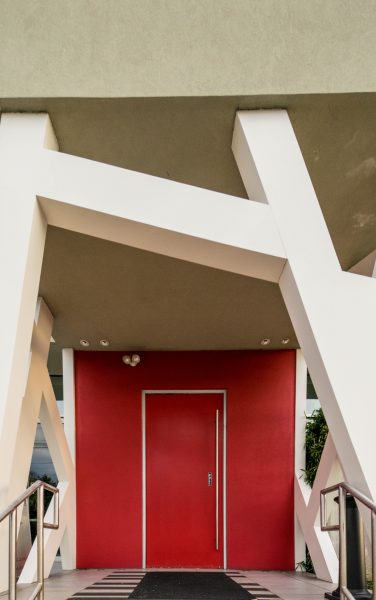Buying A Home May Be Easier Than You Think!
Buying A Home May Be Easier Than You Think!

Does buying a home seem overwhelming and, possibly, out of reach? From phrases like, “you need a down payment of at least 20 percent,” to “you need a perfect credit score to qualify,” there are many misconceptions within the home-buying process. In reality, qualifying for a mortgage, or buying a home, is much easier than you may think.

What are the misconceptions? Money and credit are the most common. Here’s why these two misconceptions are not as overwhelming as they may seem:
Money:
It may require less money than you think!
There are a lot of payments associated with purchasing a home: down payments, closing costs, mortgage payments, etc. While the expenses associated with buying a home may appear out of reach, there are several possible solutions to your problem. Here are a couple of ways you can remedy the “not having enough money” misconception:
You can receive closing cost assistance from your lender
A down payment is not the only cost associated with buying a home – there are also closing costs. Closing costs are mortgage-related fees associated with the home purchase and include the following: loan origination fee, appraisal, title search, attorney fees and more. Closing costs range from two to five percent of the loan balance. If you’re already struggling to afford the down payment, the closing costs may seem impossible. However, your lender may offer assistance to help you pay for these closing costs. What are the possible support options? Some lenders allow you to finance your closing costs within the mortgage, or the bank pays the closing costs if you agree to pay a slightly higher mortgage rate. These options depend entirely on your mortgage lender.
You can use gift funds for a down payment
Do you not have enough money for a down payment? It turns out; several mortgage programs allow gift funds as a down payment option. Keep in mind; every mortgage program has different requirements. Often, the bank will require that you put some of your own funds into the down payment – which is better than paying the whole amount yourself. Also, it is important to note that most banks require that the gift funds come from a relative – and, they must provide the lender with their account statements and a letter stating the borrower doesn’t have to repay the gift. Talk to your lender about their gift fund options.
You don’t need 20 percent for a down payment
In today’s market, there are options available to you that don’t require a down payment of 20 percent:
- Conventional 97 program – requires only three percent down (minimum credit score of 680)
- Down payment assistance programs – can help you get approved with NO money down
- FHA loans – allow as little as 3.5 percent down (with a credit score as low as 580)
- VA loans – allow as little as zero percent down
Credit: You don’t need a perfect record
Your credit score is one of the first things a lender will look at when determining whether or not you qualify for a mortgage. As credit a major determining factor, a common misconception is thinking your credit score is not high enough to be eligible for a mortgage…but, as noted above, there are programs to help you qualify for a mortgage with a less-than-perfect record and credit score. Say you have a foreclosure or bankruptcy on your record – while these will stay on your credit report for seven to 10 years, they don’t automatically kill your chances for a home loan. In fact, your lender will qualify you based on your credit activity over the past 12 months. With this in mind, you may qualify for a loan even if you are in the processing of rebuilding your credit score. However, always consult a lender before assuming your credit score will qualify for a loan.
While it may still seem overwhelming, buying a home is within reach for many – AND, it is easier than you may think! Do you have any questions about buying a home? Give us a call; we would be happy to help!